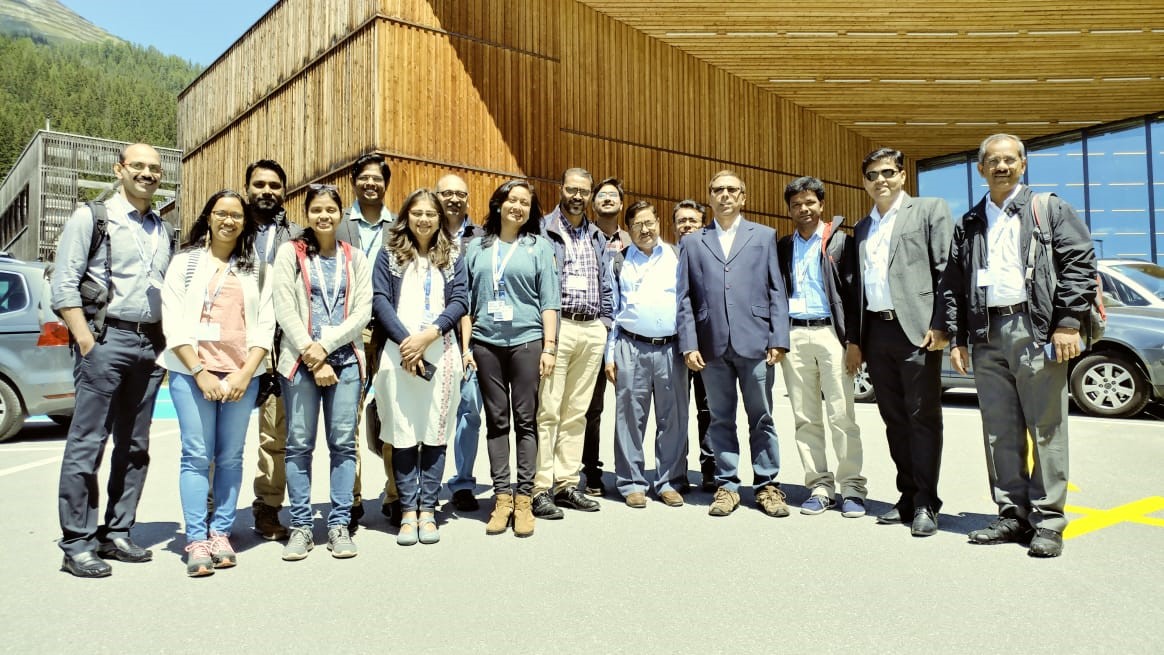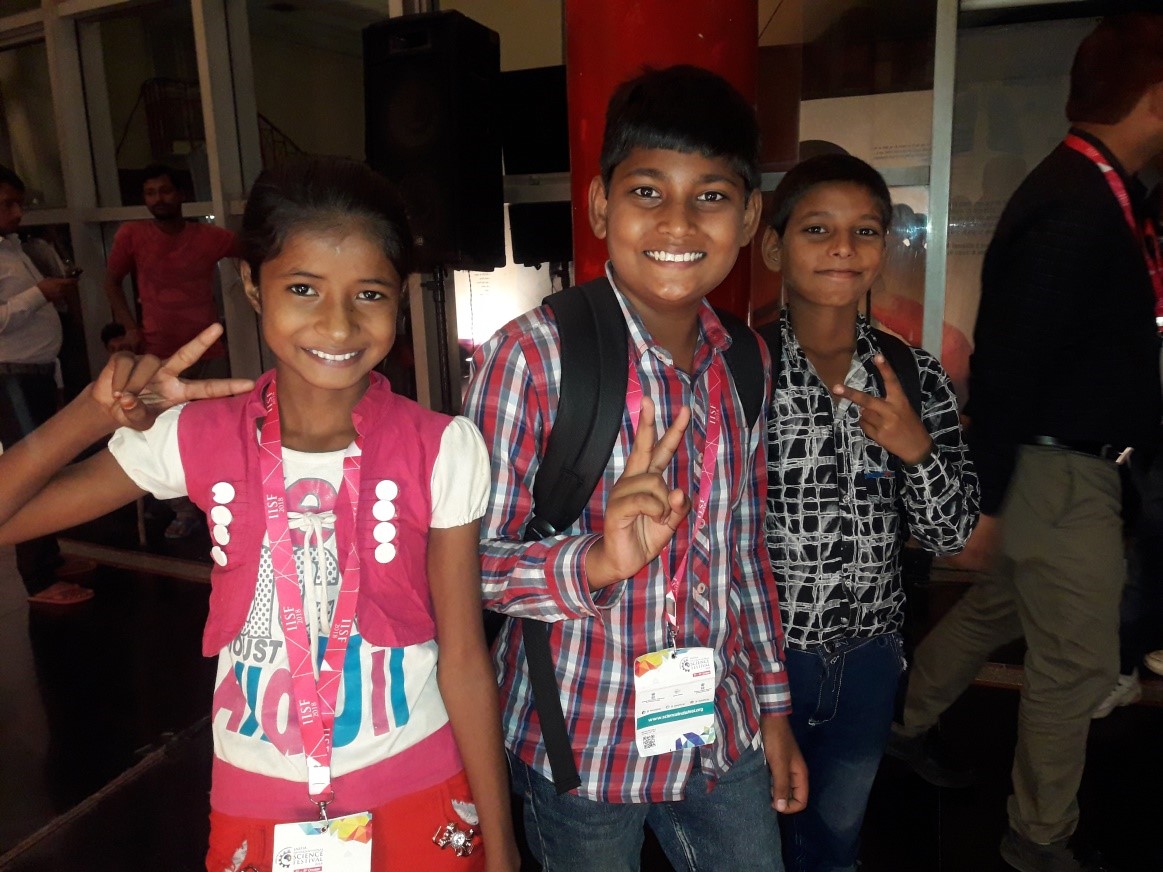
Tata Sons to Scale-up Covid-19 Testing Kit ‘Feluda’
- News
- 2.1K
The Institute of Genomics and Integrative Biology (IGIB), has transferred the technology Feluda (FNCAS9 Editor Linked Uniform Detection Assay) to Tata Sons for further development and commercialization. A memorandum of understanding reflecting the arrangement has been signed between the two institutions. Feluda is a rapid diagnostic kit for COVID-19, developed indigenously by IGIB, a CSIR institution.
The main advantages of Feluda are its affordability, relative ease of use, and non-dependency on expensive Q-PCR machines.
“Innovative ‘Feluda’ test uses cutting-edge Clustered Regularly Interspaced Short Palindromic Repeats (CRISPR) technology for detection of the genomic sequence of the novel coronavirus. It uses a test protocol that is simple to administer and easy to interpret enabling results to be made available to the medical fraternity in relatively lesser time, as compared to other test protocols”, said Banmali Agrawala, President – Infrastructure and Defence & Aerospace, Tata Sons.
Dr. Anurag Agrawal, Director-IGIB highlighted that the technology was conceived and developed at CSIR IGIB under sickle cell mission and utilizes an indigenously developed cutting edge CRISPR Cas9 technology to specifically recognize COVID-19 sequence in a sample. A combination of CRISPR biology and paper-strip chemistry leads to a visible signal readout on a paper strip that can be rapidly assessed for establishing the presence of viral infection in a sample.
“CSIR labs such as CSIR-IGIB have been working on deep science and developing cutting-edge technology and I am happy to see that a leading industry group the Tata Sons is partnering towards its deployment. The strong partnership with industry in tackling COVID-19 has been the hallmark of CSIR’s strategy in mitigation of COVID-19”, said Dr. Shekhar C. Mande, DG-CSIR.
“We are happy to have a partnership with the CSIR for further development and commercialization of the technology for COVID-19 detection. We believe that CRISPR is a futuristic technology that can also be configured for the detection of multiple other pathogens in the future,” added Agrawala. (ISW)
If you liked this article, then please subscribe to our YouTube Channel for the latest Science & Tech news. You can also find us on Twitter & Facebook


